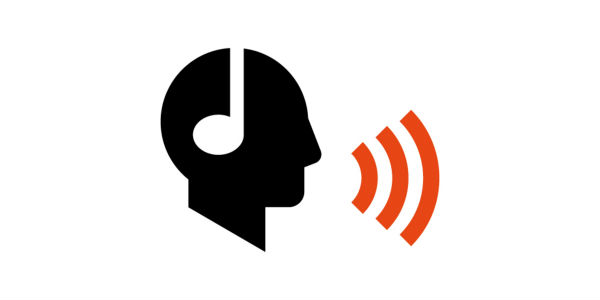Why Aren’t Credit Unions Hosting Financial Podcasts?

One of the hottest marketing trends right now, besides mobile this or that, is educational audio podcasts. Yes, these helpful, verbal productions have experienced quite the resurgence lately, as it seems more and more marketers in various industries are producing them to help educate their audiences in a very personal manner. People enjoy listening to these podcasts because they can work, travel, or relax and gain some insightful factoids at the same time. And, even better, they can listen to them when they want.
In an age when educational content is king, there are a number of credit unions pumping out this info already in a written format. That’s great, but writing nice stories about member successes aren’t enough anymore. Today, you have to do more for your member.
Sometimes doing more means doing something different. That may mean producing a financially focused podcast – which is still considered different even though this medium has been around for a while. Based on their extreme scarcity in the credit union land, they are incredibly different. Time to re-use those written member anecdotes as peer-type examples in these educational productions to complement your message and spread the word.
Expose your message to thousands
An educational business podcast is not the end all-be all, but it is another effective means in your multi-communications collection that will cost-effectively and consistently expose your message to thousands – who may share your podcast’s educational content, as well. There are overserved, underserved, and just plain served consumers out there looking for a change, looking for answers, looking for help. Your practical audio productions, conducted consistently, position you as a financial services leader with the solutions for these folks. Who doesn’t want that?
Most credit unions already host advice-laden, weekend seminars on such valuable topics as investing, debt management, mortgage lending, retirement, financial literacy, etc. These events are incredibly valuable and many members attend. But hosting a live seminar is only scratching the surface of your membership. Again, expose that same message in different channels. Create a wide-reaching, online podcast series based on the same seminar topics. Here are a few ideas you have probably already thought of:
- “5 Steps to Getting Out of Debt”
- “6 Simple Ways to Qualify for a Mortgage Loan”
- “7 Secrets to Saving for a Robust Retirement”
- “10 Vacation Tips that Won’t Sap Your Savings”
Not only do these messages resonate well with live attendees but, once more, they will resonate well with an exponentially larger audience: the thousands of members who visit your site every week – and possibly a few prospects, as well.
Since folks always seem to be short on time these days, the “series” format keeps these podcasts short and convenient. This format also creates a bit of anticipation for the next part yet to be aired, which is a good thing because it drives more traffic to your website.
But the series format is a one of many ways to generate interest for your podcast – just like any cliffhanger TV show or movie. The audio podcast’s bigger intent, however, is to create a voice for your credit union: a voice of help, education, and trust. Providing your members with this trusted voice creates future business. But don’t hide your “voice” on some remote, dusty page on your website. Post this recording on the front page where everybody can see it, listen to it, and share it.
Reasons not to do a podcast
So why isn’t your credit union producing a weekly, educational audio podcast to help your members?
We don’t have time.
We don’t have the tools.
We don’t have the staff.
We don’t have the funds to support such an endeavor.
These are excuses that stop you dead in your tracks instead of crushing them with a bold communications vehicle that generates value and interest for your credit union.
Time: A podcast doesn’t have to be 30 minutes of you articulating the virtues of proper financial responsibility. It can be a couple minutes, preferably, of you pointing out three ways to save for your child’s college education, a tip or two on teaching your kids’ the value of money, or how to get pre-approved for an auto loan. Pretty simple and short, yet highly effective and educational, financial topics.
Tools: If you have an Apple (iMac or MacBook), it comes bundled with a program called Garageband. You can easily produce your podcasts with this tool. If you have a PC, try Audacity – a free, open source, cross-platform software for recording and editing. (If you want professional quality sound, you may want to invest in a decent microphone: Sennheiser, Blue, and Rode are a few quality brands.)
Staff: All you need is one person to record, produce, and post these pieces. Again, the tools mentioned above are simple to learn and use. A requirement, however, would be that this person or people be knowledgeable about their subject matter to have credibility with your audience. It would be preferable to have multiple people doing recordings on their area of expertise to display the depth of expertise at your credit union.
Funds: Let’s see – Audacity is free for PCs or Garageband is already there if you have a Mac; the podcast is two or three minutes; the recording takes a few minutes to upload and post, a canned intro and an outro would take a few minutes to produce, and the finished product oozes with helpful coolness. Seems like a pretty minimal cost with a high return on your leadership position.
Now that you have the tools, time, and know-how, when are you going to start your podcast? If you already have one, what are doing with it?





